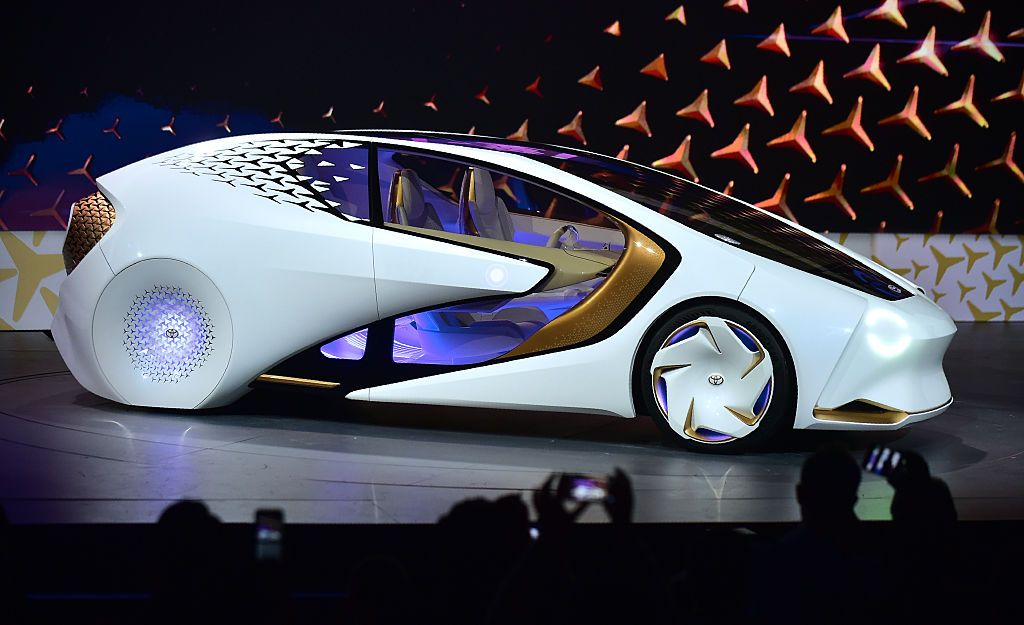Chrysler Corporation's standard size cars mostly switched from body-on-frame to unitized construction for 1960. Retained features included wraparound windshields with back-slanting A-pillars (first appearing in 1955) and tail fins (that began to sprout for the 1956 model year).
Virgil Exner was nominally in charge of Chrysler styling when the 1960 redesign was underway. But he had suffered a major heart attack in 1956 that required open-heart surgery and a long recovery period. Because of this, Exner was not deeply involved with the design of cars under development during the late 1950s, nor was he always pleased with the results of the work done by others.
The subject of this post is the 1960 Plymouth Fury, a car with odd design features. Peter Grist, in his biography of Exner, has Cliff Voss responsible for its styling. Voss was an experienced designer who had held leadership positions for years, so I find it a bit strange that Plymouths appeared the way they did.
As it happened, Plymouth sales were not good during the 1960 model year. The 1961 facelift cleaned up the front end design somewhat, and tail fins were eliminated.
Hyman Ltd. photo of a 1960 Plymouth Fury hardtop coupe. The tail fins are unnecessary, the '61 facelift doing a neat job of replacing them with a sort of horizontal blade motif. Otherwise, the design aft of the cowling is reasonably pleasing.
The major styling defect is the mess forward of the cowling, as seen in the previous photo as well as this Mecum Auctions image. The worst detail is the curved chrome slash that whips around the front wheel opening while serving here as a paint tone separator. The accent color forward of the opening serves to exaggerate the awkward, somewhat static zone in a design that otherwise flows tautly from front to rear (fins aside). Quad headlights occupy too much space. The "eyebrow" above the grille zone is too heavy-handed. The shallow V at the lower edge of the grille clashes with the horizontal middle section of the eyebrow. The nearly-horizontal connector bar between bumper side elements adds yet another shape that does not relate to its neighbors.
Side view of the same car. From this perspective, the tail fins are clearly too large, and unbalance the design.
High angle view of the rear of a Fury convertible from Barrett-Jackson. The fake spare tire cover is an affectation found on several 1950s vintage Imperials and then appeared on Furys for 1959. This photo helps confirm that the fins are unhelpful from a design standpoint.
Chrysler Corporation's standard size cars mostly switched from body-on-frame to unitized construction for 1960. Retained features included wraparound windshields with back-slanting A-pillars (first appearing in 1955) and tail fins (that began to sprout for the 1956 model year).
Virgil Exner was nominally in charge of Chrysler styling when the 1960 redesign was underway. But he had suffered a major heart attack in 1956 that required open-heart surgery and a long recovery period. Because of this, Exner was not deeply involved with the design of cars under development during the late 1950s, nor was he always pleased with the results of the work done by others.
The subject of this post is the 1960 Plymouth Fury, a car with odd design features. Peter Grist, in his biography of Exner, has Cliff Voss responsible for its styling. Voss was an experienced designer who had held leadership positions for years, so I find it a bit strange that Plymouths appeared the way they did.
As it happened, Plymouth sales were not good during the 1960 model year. The 1961 facelift cleaned up the front end design somewhat, and tail fins were eliminated.
Hyman Ltd. photo of a 1960 Plymouth Fury hardtop coupe. The tail fins are unnecessary, the '61 facelift doing a neat job of replacing them with a sort of horizontal blade motif. Otherwise, the design aft of the cowling is reasonably pleasing.
The major styling defect is the mess forward of the cowling, as seen in the previous photo as well as this Mecum Auctions image. The worst detail is the curved chrome slash that whips around the front wheel opening while serving here as a paint tone separator. The accent color forward of the opening serves to exaggerate the awkward, somewhat static zone in a design that otherwise flows tautly from front to rear (fins aside). Quad headlights occupy too much space. The "eyebrow" above the grille zone is too heavy-handed. The shallow V at the lower edge of the grille clashes with the horizontal middle section of the eyebrow. The nearly-horizontal connector bar between bumper side elements adds yet another shape that does not relate to its neighbors.
Side view of the same car. From this perspective, the tail fins are clearly too large, and unbalance the design.
High angle view of the rear of a Fury convertible from Barrett-Jackson. The fake spare tire cover is an affectation found on several 1950s vintage Imperials and then appeared on Furys for 1959. This photo helps confirm that the fins are unhelpful from a design standpoint.
















EmoticonEmoticon